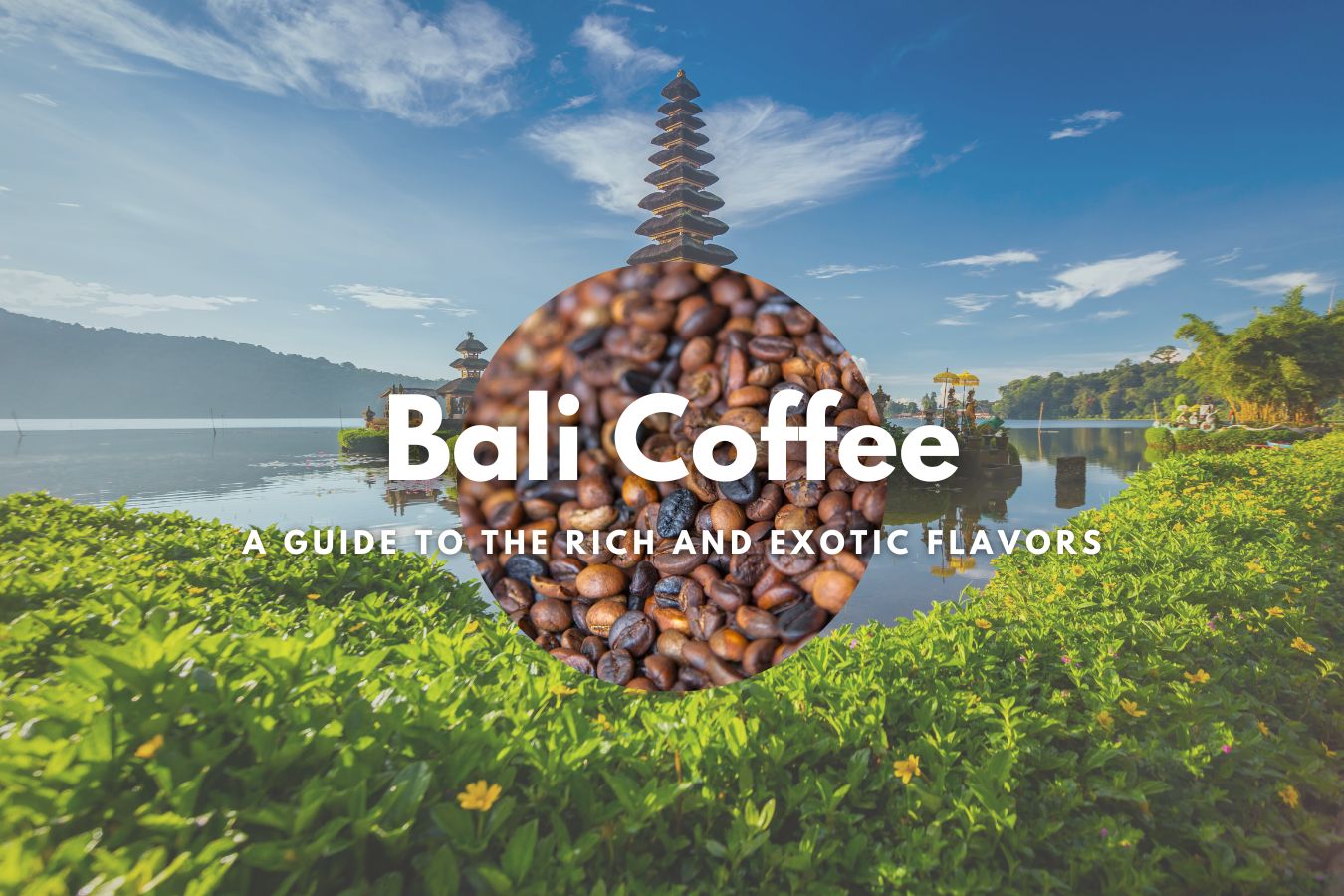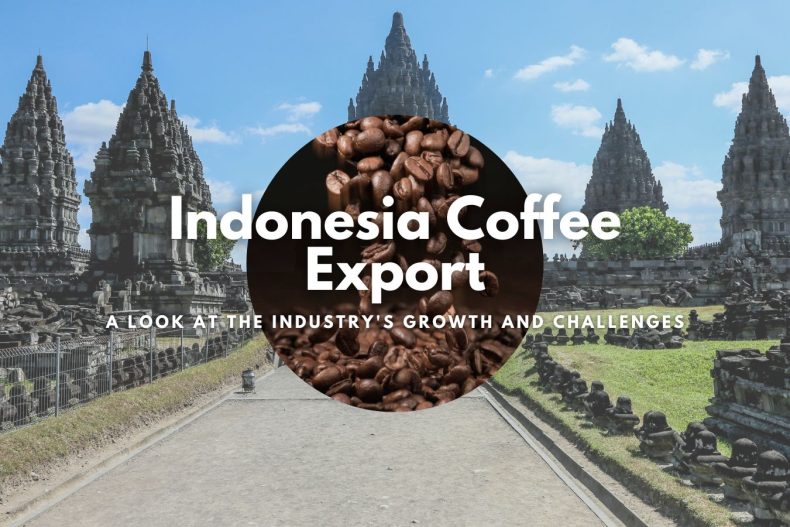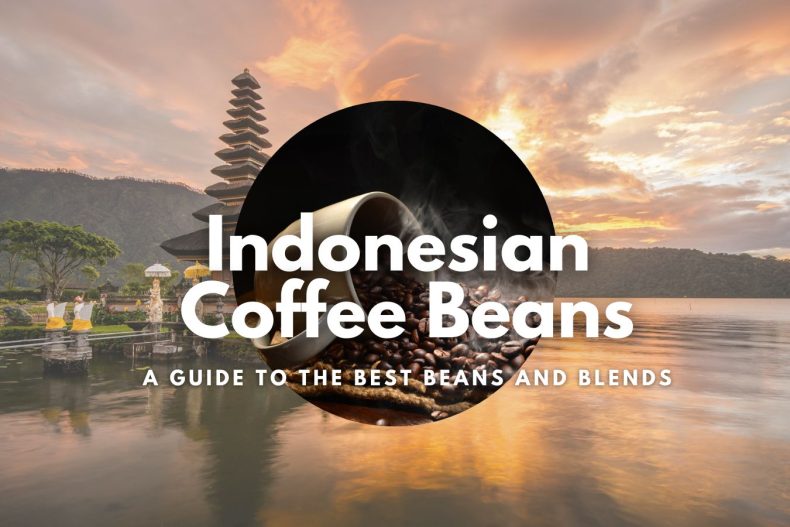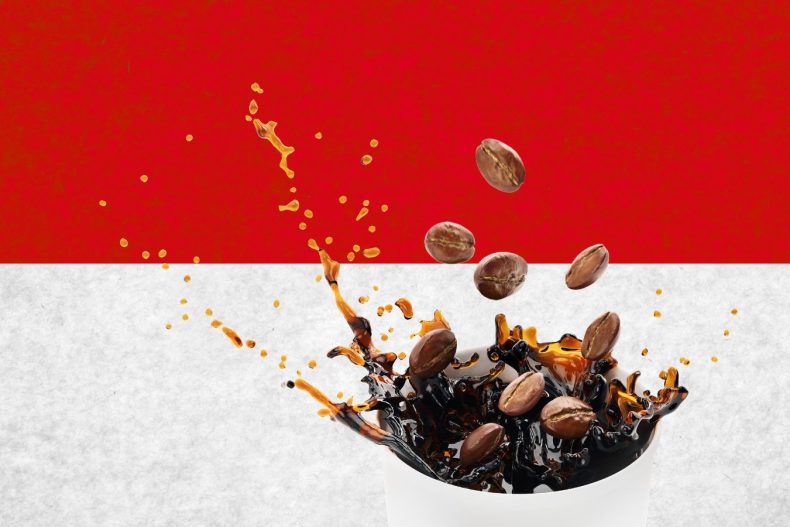
You might have heard about Bali coffee if you’re a coffee lover. Bali is an Indonesian island known for its natural beauty, vibrant culture, and, of course, its delicious coffee. Bali Coffee is known for its exotic and rich flavors, reflecting its unique climate and culture.
In this article, we’ll explore everything you need to know about Bali coffee, from its history to the best places to taste it.
Introduction
Coffee lovers worldwide are constantly searching for the next best thing, and Bali coffee is a must-try for any true coffee connoisseur. Bali, an island in Indonesia, is known for its unique coffee beans that produce a distinctive and delicious cup of coffee.
In this article, we will explore the history and production of Bali coffee, the different types of this coffee beans, and the best ways to brew and enjoy this coffee.
Bali coffee has something to offer whether you’re a fan of strong and bold coffee or prefer a lighter and more delicate cup. So please sit back, grab a cup of this coffee, and let’s dive into the world of Bali coffee.
What is Bali Coffee?
Bali coffee is a coffee grown on the Indonesian island of Bali. It is known for its unique and exotic flavors that reflect the island’s natural beauty and vibrant culture. This coffee is made from Arabica, Robusta coffee beans, or the rare and expensive Luwak coffee.
The History and Production
Bali coffee’s rich history dates back to the early 20th century. During this time, the Dutch colonial government introduced coffee plantations to the island of Bali, eventually developing the coffee industry in Bali.
Today, this coffee is produced by smallholder farmers who grow coffee beans on small plots of land. These farmers use traditional methods to grow, harvest, and process the coffee beans, which are then sold to local coffee roasters and exporters.
One critical factor that makes this coffee so unique is how it is grown. These coffee beans are grown in high-altitude areas, which results in a slow-growing process and a denser bean. This unique growing environment, combined with the traditional farming methods used by local farmers, contributes to this coffee’s rich and distinctive flavor.
The Unique Characteristics
Bali coffee’s unique flavors result from the island’s climate, soil, cultivation, harvesting, processing, and roasting.
Climate and Soil
Bali’s tropical climate and volcanic soil provide ideal growing conditions for coffee plants. The island’s high altitude and cool temperatures contribute to the coffee’s rich and complex flavors.
Cultivation and Harvesting
This coffee is usually grown in small, family-owned farms using traditional methods. The coffee cherries are hand-picked when ripe, ensuring the highest quality beans.
Processing and Roasting
After harvesting, the coffee beans are usually processed using the wet method, which involves removing the outer layers of the coffee cherry before drying the beans. The beans are then roasted to bring out their unique flavors and aromas.
Types of Bali Coffee
There are three types of coffee: Arabica coffee, Robusta coffee, and Luwak coffee.
Arabica Coffee
Arabica coffee is known for its smooth, mellow flavor and aroma. It is grown at high altitudes and is often shade-grown, which gives it a lower acidity and bitterness than other types of coffee.
Robusta Coffee
Robusta coffee is known for its robust, bold flavor and high caffeine content. It is grown at lower altitudes than Arabica coffee and is often used in blends to add body and depth.
Luwak Coffee
Luwak coffee, or civet coffee, is the most expensive and rarest Bali coffee. It is made from coffee beans eaten and excreted by the Asian palm civet, a small mammal in Southeast Asia. The enzymes in the civet’s digestive system ferment the coffee beans, giving them a unique flavor and aroma.
Best Places to Taste
If you’re visiting Bali, there are many places where you can taste authentic Bali coffee. Some of the best places to visit include:
- Pulina Coffee Plantation: This plantation is located in the Tegalalang village in Ubud and offers visitors the opportunity to taste this coffee, including Luwak coffee.
- Satria Agrowisata: This farm in the Gianyar Regency offers tours, including coffee tasting and an introduction to the coffee-making process.
- Seniman Coffee Studio: This coffee shop is located in the heart of Ubud and serves high-quality this coffee in a cozy and welcoming atmosphere.
Brewing and Enjoying
Bali coffee can be brewed in various ways, depending on your preference.
Brewing Methods
Here are a few popular brewing methods for this coffee:
-
- French Press: The French press method is popular for brewing Bali coffee. Add ground coffee beans and hot water to the French press, let it steep for a few minutes, and then press down the plunger to separate the coffee grounds from the liquid.
- Pour-Over: The pour-over method involves slowly pouring hot water over ground coffee beans in a filter. This method produces a clean and smooth cup of coffee with a bright and vibrant flavor.
- Espresso: Bali coffee can also be brewed as espresso, producing a strong and bold cup of coffee with a thick crema.
Tips for Brewing Bali Coffee
To brew the perfect cup of Bali coffee, follow these tips:
- Use freshly roasted and ground coffee beans.
- Use a clean coffee maker and fresh, filtered water.
- Brew the coffee at the right temperature and at the right time.
- Experiment with different brewing methods and techniques to find your favorite.
Health Benefits
- Increased energy and mental alertness.
- Improved physical performance and endurance.
- Reduced risk of chronic diseases like type 2 diabetes, Parkinson’s disease, and liver cancer.
- Improved mood and overall well-being.
Sustainability and Ethics
As the demand for Bali coffee grows, it’s essential to consider the sustainability and ethics of the industry. Many small, family-owned farms in Bali use sustainable and ethical practices, such as organic farming and fair trade.
However, some more extensive coffee plantations may use harmful chemicals and exploit their workers. When buying Bali coffee, look for certifications that ensure sustainable and ethical practices.
Conclusion
Bali coffee is a unique and exotic coffee that reflects Bali’s natural beauty and vibrant culture. With its rich history, individual characteristics, and delicious flavors, Bali coffee is a true treasure of Indonesia. Whether a coffee lover or a curious traveler, tasting this coffee is a must-do activity when visiting the island.
From the small family-owned farms to the more extensive plantations, this coffee producer are dedicated to sustainable and ethical practices, ensuring the quality and future of this exceptional coffee. So, try this coffee on your next trip to Bali and savor its diverse and exquisite flavors.
FAQs
- What is Bali coffee? This coffee is a type of coffee grown on the Indonesian island of Bali, known for its unique and exotic flavors that reflect the island’s natural beauty and vibrant culture.
- What makes Bali coffee unique? This coffee is fantastic due to the island’s tropical climate, volcanic soil, and traditional cultivation and processing methods.
- What are the types of Bali coffee? There are three types of Bali coffee: Arabica coffee, Robusta coffee, and Luwak coffee.
- What is Luwak coffee? Luwak coffee, or civet coffee, is the most expensive and rarest Bali coffee. It is made from coffee beans eaten and excreted by the Asian palm civet, a small mammal in Southeast Asia.
- Where can I taste Bali coffee in Bali? Some of the best places to taste authentic Bali coffee in Bali include Bali Pulina Coffee Plantation, Satria Agrowisata, and Seniman Coffee Studio.


